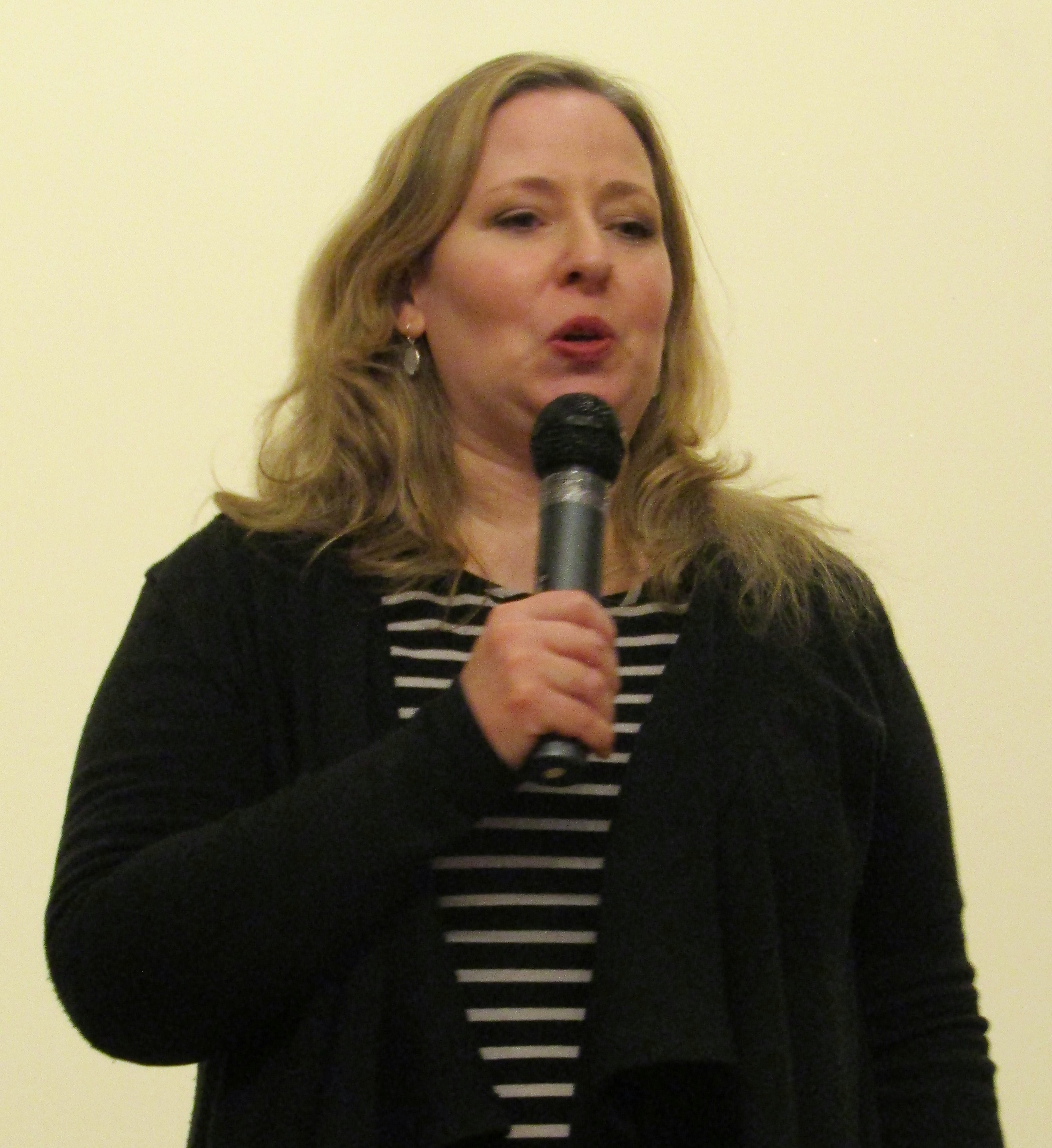Recent testimony from Ali Carter has sent shockwaves through the entertainment industry, shedding light on the grim realities of human trafficking and systemic abuse allegedly involving high-profile figures like Sean “Diddy” Combs. Carter’s harrowing account details her abduction and entrapment within a vast underground network where powerful individuals reportedly engage in sinister activities, including human trafficking and exploitation of minors.
:max_bytes(150000):strip_icc()/ally-carter-1-2000-f096ca90337c44c4a5170c5c50e65c93.jpg)
Carter’s narrative paints a disturbing picture of secretive parties where children are treated as “party favors,” subjected to horrific acts while influential celebrities partake in the chaos. She asserts that these underground gatherings often transform into frenzied, animalistic events, leaving victims feeling like mere objects. Carter’s emotional plea for empathy emphasizes the pervasive skepticism survivors face when recounting their trauma. She criticizes the demand for tangible evidence, likening it to asking for child exploitation material, which is both illegal and morally abhorrent.
Adding to the mounting allegations against Diddy, former girlfriend Cassie Ventura has filed a lawsuit against him, alleging years of physical and emotional abuse during their relationship. Ventura’s claims include manipulation, drug use, and forced sexual encounters, echoing the patterns of exploitation detailed by Carter. The support Ventura has received from fellow victims highlights a growing movement within the industry, encouraging others to come forward with their own stories of abuse.

Moreover, the allegations extend beyond individual experiences, with a recent press conference revealing that over 120 individuals are preparing to sue Diddy, claiming they were victims of sexual assault and exploitation, some as young as nine years old. These revelations have prompted an investigation by federal authorities, leading to Diddy’s arrest in New York. His legal team has responded vehemently, denying the allegations and characterizing them as baseless attempts to tarnish his reputation.
The narratives of Carter, Ventura, and other alleged victims expose a troubling culture within the entertainment industry, where abuse is often overlooked or dismissed. Advocates argue that the legal system must adapt to better protect survivors and hold abusers accountable, especially in cases involving powerful figures. As these allegations gain traction, the call for a thorough investigation into Diddy’s actions and the environments he has fostered grows louder.

Diddy’s arrest marks a potential turning point in the fight for justice for these survivors. However, the path ahead remains fraught with challenges, as many victims face immense barriers when seeking legal redress against influential figures. The emotional and psychological toll of their experiences complicates the process, leaving survivors to navigate a system that has historically favored the powerful.
As the entertainment world grapples with these shocking allegations, the stories of Ali Carter, Cassie Ventura, and countless others serve as a stark reminder of the urgent need for change. Their bravery in speaking out not only highlights the pervasive nature of abuse but also empowers others to break the silence surrounding their own experiences. The ongoing discussions around these issues may finally lead to a reckoning in Hollywood, demanding accountability and compassion for those who have suffered in silence for far too long.





